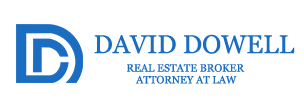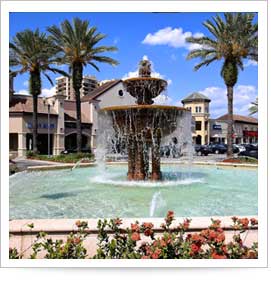
When searching for a home or real estate for sale, you have to start thinking about that mortgage first. How much can I put down? How much closing costs do I want to pay? How much can I pay monthly, and so on. In addition to understanding the terms of your mortgage, a homeowner needs to understand all the parts and costs of a mortgage, including the points, the rates, and the fees.
Purchase Points
Purchase points are also referred to as a “buy down” or “discount points”. They are one time fees paid up front to the lender to lower your interest rate on the loan. These points are paid at the closing and are added in to your other closing costs. Typically, a point is equal to one percent of your total loan amount. So, as an example, if you have a $200,000 loan, one point would equal $2,000. If the terms of your mortgage say you have to pay two points, then you will have to pay $4,000 extra at closing. The benefit of paying points is that, in return, your lender is giving you a better interest rate over the life of your loan. If you plan on staying in your home for many years, it normally is a good idea to “buy down” your mortgage by paying points. This will make the loan cheaper in the long run. If, on the other hand, you only plan on staying in the home for a few years before you sell it, then paying for points may not be beneficial to you. The extra money you pay in points for the lower interest rate may not pay off.
Interest Rates
When you get a mortgage, you are charged an interest rate. This is the rate which the lender charges you for using their money to buy a home. This is normally the first thing prospective homebuyers look at when shopping for a mortgage. It determines how much your monthly payments will be. The higher the interest rate, the higher your monthly payment will be.
However, mortgage interest rates change constantly – sometimes on a daily basis. If you are working with a mortgage broker to get a mortgage for your new home purchase, you will be quoted a specific interest rate. But keep in mind that this rate is only good at the time the broker quotes it to you. By the time your paperwork and approval are done, the interest rates could change considerably. So to insure that you get the rate that is quoted to you, you will need to “lock in” that rate. Locking in the interest rate will guarantee you get that rate with your loan. You may be able to lock in for a period of up to 60 days, but you will have to pay a fee for this. But locking in a rate is advisable as rates do change considerably and often.
Mortgage Fees
All mortgages have fees associated with obtaining the mortgage. These fees are for the services needed to obtain the mortgage and include, appraisal fees, survey fees, lender processing fees, lender underwriter fees, and so on. Many of these fees are legitimate business expenses that the lender incurs in the issuance of the loan. However, others may just a way of getting more money out of borrowers. When applying for a mortgage, one must look at all the fees being charged and then compare these to other loans. Paying fees drives up your closing costs, but could be well worth it in the long run if your interest rate is substantially lower. Everyone has different priorities so it is important to look at all points, rates and mortgage fees associated with a loan.
To learn more about mortgages, including the rates, points and fees, please contact our Realtor/Attorney or visit us at www.YourOrlandoRealty.com today.





